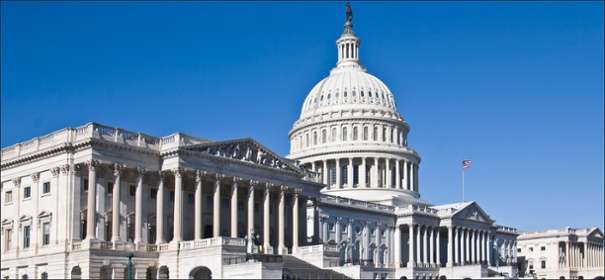What do the new HHS and CMS appointments mean for independent practices?

What do the new HHS and CMS appointments mean for independent practices? December 8, 2016
As president-elect Donald Trump continues to announce the cabinet appointments for his new administration, two of Trump’s new picks are especially important for independent physicians to consider — the head of the U.S. Department of Health and Human Services (HHS) and the head of the Centers for Medicare Medicaid Services (CMS).
Republican Rep. Tom Price, a former orthopedic physician, has been selected as the nominee for HHS Secretary and Seema Verma, a health policy consultant, has been chosen as the Administrator for CMS. So what do these selections mean for independent providers?
HHS Secretary, Tom Price:
- If confirmed, Rep. Price would be the first physician to be sworn in as HHS Secretary since 1989. Within Congress, Price is known for being a long-time physician and small practice advocate and was active in pressing the current Administration to provide more regulatory relief for physicians.
- Though Price voted in favor of the Medicare Access and CHIP Reauthorization Act (MACRA), he has previously voiced concern over MACRA’s reporting requirements. In the past, Price has also advocated for more flexibility in terms of Meaningful Use (MU) reporting periods and applying for MU hardship exemptions.
- Price recently introduced the Empowering Patients First Act which would fully repeal and replace Obamacare with individual health pools and expanded health savings accounts (HSAs).
CMS Administrator, Seema Verma:
- In general, Verma is an advocate for providing states with more flexibility in terms of implementing health reform, after having implemented a Medicaid expansion alternative in Indiana.
- Like Price, Verma supports expanding HSAs, since she worked to expand the use of HSAs for the Indiana program she designed for the state’s poor.
Key takeaways:
- Independent providers should expect to see less “across the board” regulations implemented during Verma’s and Price’s tenures, as both are proponents of limited government, state-run initiatives, and reduced regulations.
- MACRA is unlikely to be repealed as it experienced bi-partisan support, but the shift toward value-based care could be slowed.
- Health Savings Accounts are likely to be expanded overall and could even be expanded to include Direct Primary Care reimbursement, meaning more physicians could seek DPC care and more DPC practices could potentially sprout up.
Do you have questions about upcoming changes? Contact one of our practice specialists today!
“House of Representatives Building and the East Portico of the U.S. Capitol — Washington (DC) January 2013” by Ron Cogswell is licensed under CC BY 2.0
![]()
